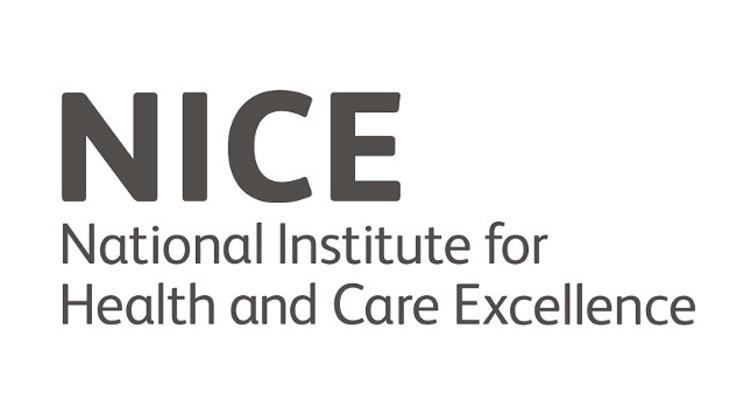NICE consultation on brentuximab vedotin
Published on: 16 January 2019Have your say on brentuximab vedotin for cutaneous T-cell lymphoma

The National Institute for Health and Care Excellence (NICE, one of the bodies that decides whether to make drugs available on the NHS) has opened a consultation on its appraisal of brentixumab vedotin for cutaneous (skin) T-cell lymphoma.
Brentuximab vedotin in licensed for the treatment of people with cutaneous T-cell lymphoma (CTCL) that produces a protein called CD30 and who have had at least one previous systemic (whole body) treatment. In its draft recommendation, NICE suggests that brentixumab vedotin should not be made available on the NHS for these people. However, this is not NICE's final guidance and these recommendations may change after consultation.
Lymphoma Action is among organisations and individuals opposing the recommendation and we hope this will result in a change of guidance.
The consultation runs until 24 January 2019 and is open to anybody who has an interest. Please let NICE know your views.
You will need to register with NICE to submit a response to the consultation. You might find some of the questions in the consultation difficult to answer so we have drafted some responses below to help you.
Suggested responses
1. We are concerned that this recommendation does not give enough consideration to the impact of CTCL on patients’ lives. Psychological and social wellbeing are significantly affected, particularly at more advanced stages. Patients can suffer severe discomfort, itching, pain and fatigue with subsequent effects on employment, leisure activities, relationships and day-to-day living. In addition, the psychological impact of the condition is significant: patients report feelings of uncertainty, frustration, embarrassment, helplessness, confusion, worry, anxiety and depression. Current treatment options also have an impact on quality of life: skin care regimes and wound dressing in later stages are time-consuming for both the patient and their family or carer. There is a clear need for an effective, durable treatment that reduces symptoms.
2. We are concerned that this recommendation understates the effectiveness of brentuximab vedotin. The report acknowledges that there is an unmet need for effective treatment that extends time in disease remission. However, the superior clinical efficacy of brentuximab vedotin to comparators, evidenced by a significantly higher response rate and significantly longer progression-free survival, does not seem to have been given sufficient importance. Existing treatments do not, in general, produce durable responses and patients are keen for treatment options that give them longer disease control.
3. We are concerned that this recommendation does not give sufficient consideration to symptom control. The ALCANZA trial showed that patients treated with brentuximab vedotin had significantly greater improvements in symptoms than those treated with comparators. Although this did not reach statistical significance in the subset of patients with advanced disease, improvements in symptom scores were nevertheless clinically meaningful and were consistently greater than those in patients treated with comparator agents. Symptoms have a considerable impact on the day-to-day lives of patients and even small improvements can be beneficial.
4. We are concerned that too much emphasis is placed on overall survival data. The recommendation acknowledges that current treatment pathways are palliative and that treatment aims to relieve symptoms, control local disease and improve quality of life. In this context, overall survival is of little relevance to patients, who are more concerned with durable symptom control. In addition, overall survival was not a prespecified endpoint of the ALCANZA trial and it is therefore not surprising that the data is limited. Nevertheless, brentuximab vedotin did result in clinically meaningful improvements in overall survival.
5. We are concerned that the potential for brentuximab vedotin to act as a bridge to allogeneic stem cell transplant has been underestimated. Given that the rate-limiting step for allogeneic stem cell transplant is usually poor response rate to current bridging agents, it would seem reasonable to assume that the significantly higher response rates to brentuximab vedotin versus comparators would also result in higher rates of allogeneic stem cell transplant, despite the limited data available at present. Allogeneic stem cell transplant is often the only hope of a ‘cure’ for patients and it is vital to keep this option available whenever possible.
6. We feel this recommendation does not fully consider all the financial implications of current treatment pathways for CTCL, including the sometimes considerable cost of dressings and the cost of outpatient vs inpatient administration as well as the financial implications of time off work (both for symptoms and medical appointments), cost of dressings, the cost to the patient of additional laundry. This can have a significant impact on the patient and family or carers as well as NHS budgets.
